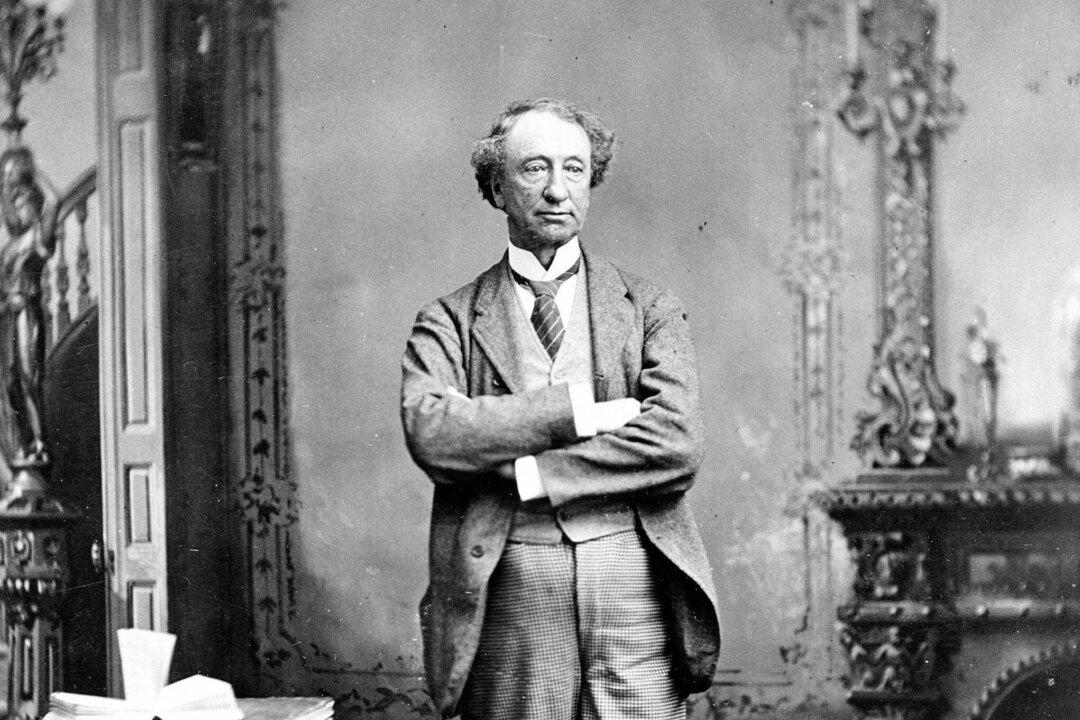Teacher unions have expressed opposition to a proposed piece of legislation that would ban “reasonable force” to discipline children, saying that any physical interaction from teachers could lead to assault charges.
President of the Canadian Teachers’ Federation Heidi Yetman told the House of Commons Justice Committee April 15 she is fearful the proposed reforms made by the NDP would put teachers at risk of criminal charges and make classrooms less safe.





